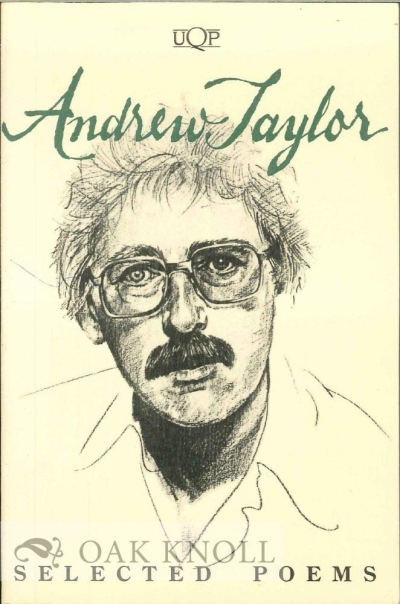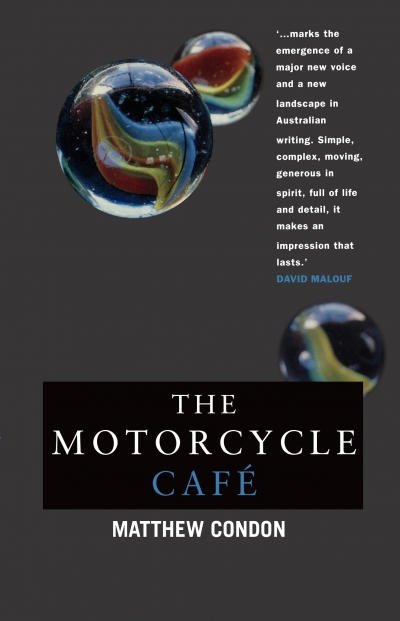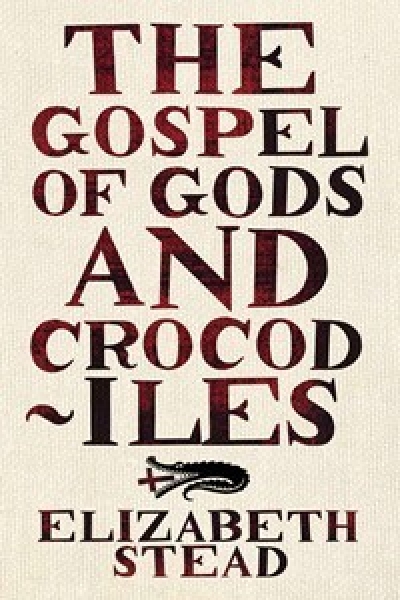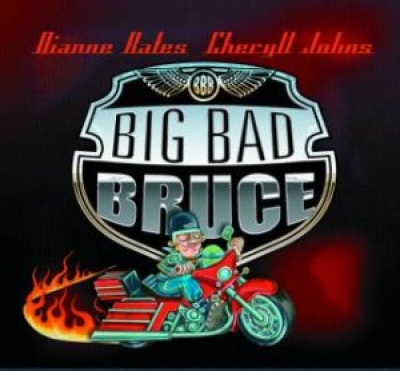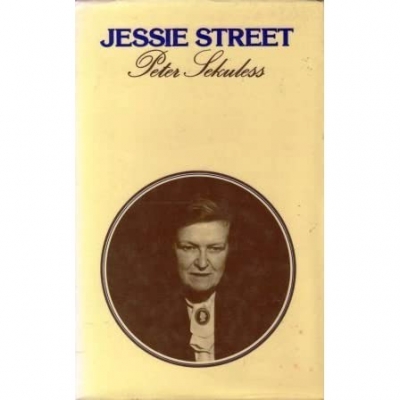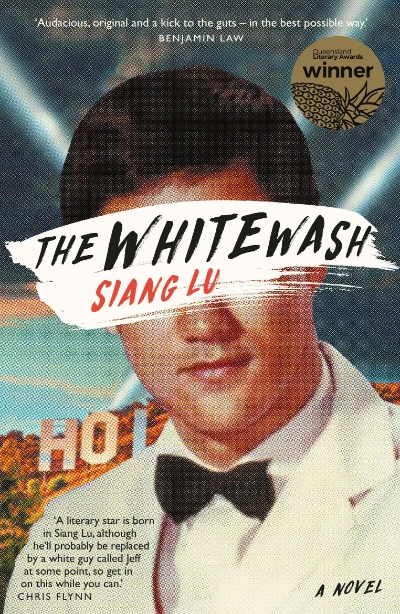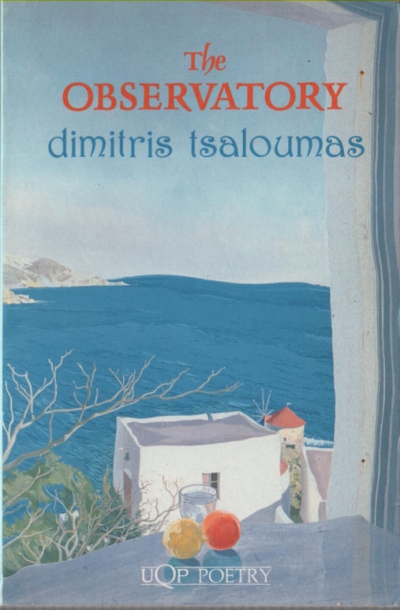University of Queensland Press
Selected Poems by Andrew Taylor & New and Selected Poems by Philip Martin
Big Bad Bruce by Dianne Bates and Phoebe Middleton & When Hunger Calls by Bert Kitchen
Jessie Street: A rewarding but unrewarded life by Peter Sekuless
The Observatory: Selected poems by Dimitris Tsaloumas, translated by Philip Grundy
ART
Contemporary Aboriginal Art: A guide to the rebirth of an ancient culture
by Susan McCulloch
Allen & Unwin, 248 pp, $39.95 pb
1 86508 305 4
Contemporary Aboriginal Art (first published in 1999) contains a wealth of information for those interested in the history, practice, and culture of Aboriginal art. By its very nature, Aboriginal art is constantly changing and evolving, and, in this revised edition, Susan McCulloch details new developments in already well-established communities, and the emergence of some entirely new movements. McCulloch, visual arts writer for The Australian, has travelled extensively to the Kimberley, Central Australia, Arnhem Land and Far North Queensland, and her book provides first-hand accounts of Aboriginal artists and the works they are creating.
Beautifully illustrated, Contemporary Aboriginal Art also contains a comprehensive directory of art centres and galleries, a buyer’s guide, and a listing of recommended readings.
... (read more)In a famous letter to her friend and fellow writer Lorna Sage, Angela Carter declared that no daughter of hers should ever pen a title like Elizabeth Smart’s By Grand Central Station I Sat Down and Wept (1945): ‘BY GRAND CENTRAL STATION I TORE OFF HIS BALLS would be more like it, I should hope.’ The choice between getting sad or getting mad, the dilemma of how to represent the reality of female anguish without romanticising or pathologising it, is a recurring theme in twenty-first-century women’s writing: it forms the main subject of Leslie Jamison’s essay ‘Grand Unified Theory of Female Pain’ (2014); it is the premise behind the post-feminist revenge films Jennifer’s Body (2009) and Promising Young Woman (2020).
... (read more)How do you get a first novel up and running? Random House has done so with a show of faith unusual amongst Australian publishers ... and faith can move mountains of books. The Last Time I Saw Mother is handsomely produced and has an equally handsome print run of 20,000. It’s been sold into the shops in numbers and its author – Manila-born Sydney-based copywriter, Arlene J. Chai – has had her name linked with Amy Tan and Jung Chang. The back cover has a brisk encomium from Bryce Courtenay, who encouraged her to write. Effective marketing indeed, although one reviewer has commented on an element of cultural cringe.
... (read more)
